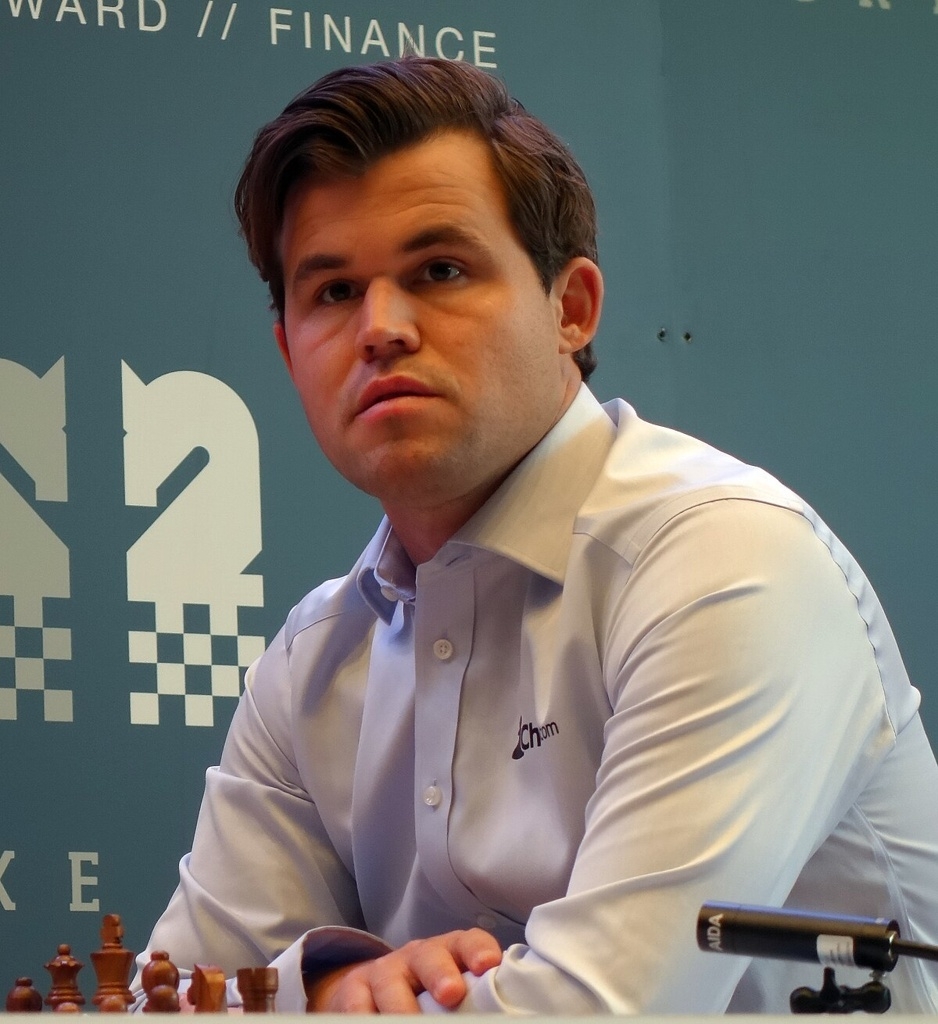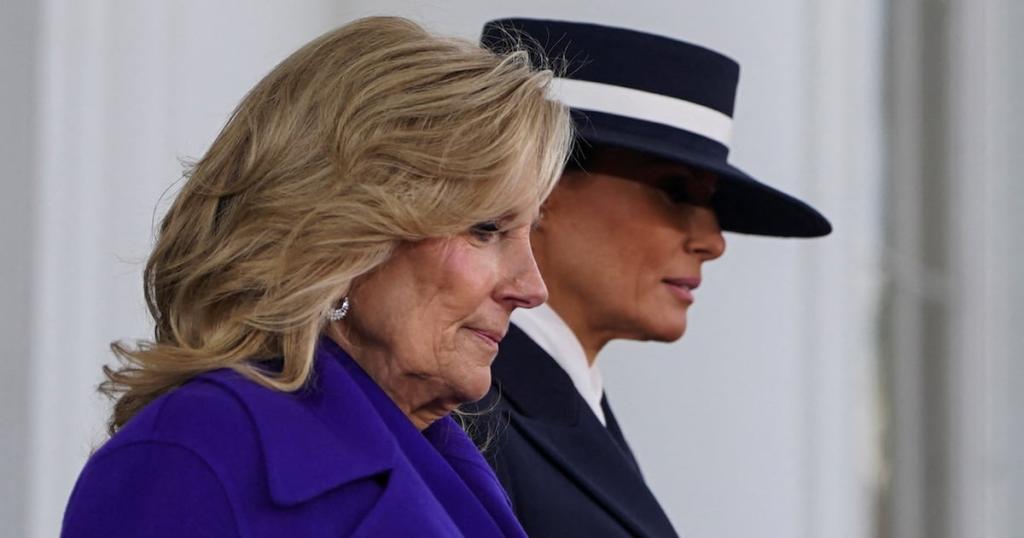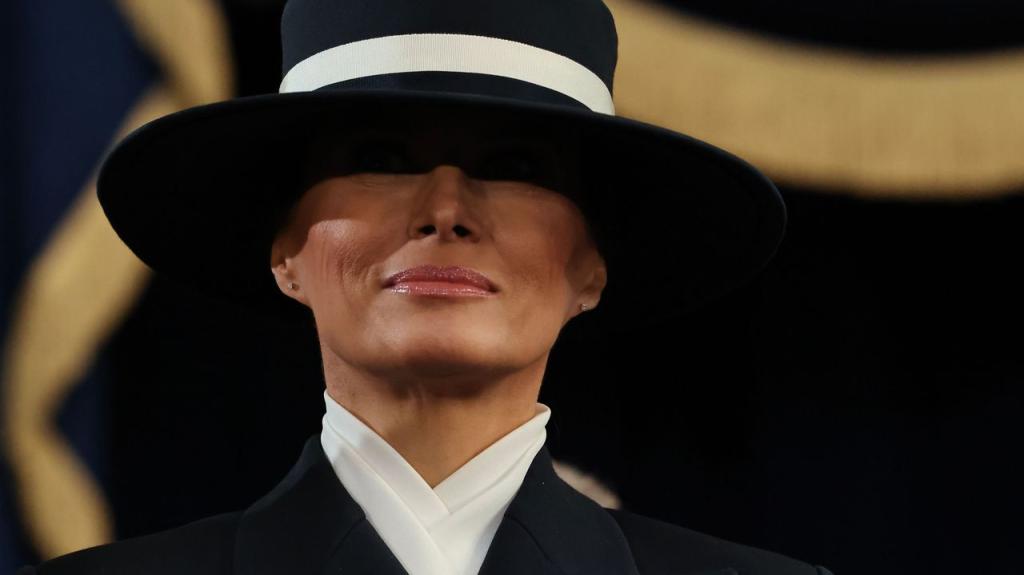Magnus Carlsen's Bold Exit Ignites Debate Over Chess Dress Code
Magnus Carlsen's withdrawal from a major chess tournament sparks a crucial debate on tradition versus individuality in the sport's evolving landscape.
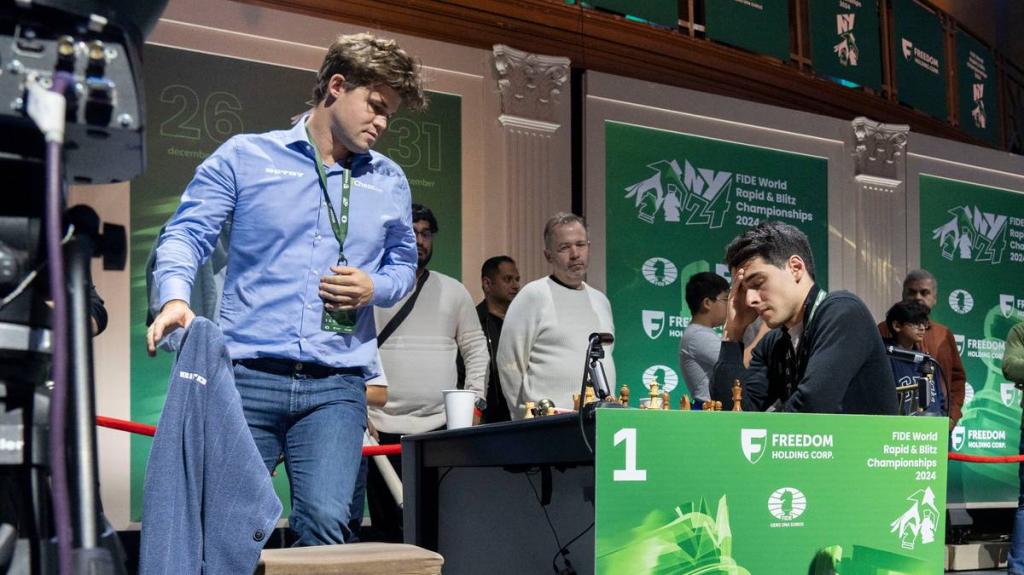
Key Points
- Magnus Carlsen
withdrew from the World Rapid and Blitz Chess Championships after being fined for violating FIDE's dress code.
- The incident highlights growing tensions between players and FIDE regarding regulations and individual expression in chess.
- Carlsen's decision symbolizes a broader push for change and modernization within the chess community.
In a stunning turn of events at the World Rapid and Blitz Chess Championships in New York, the chess community witnessed the departure of its brightest star, Magnus Carlsen. The reigning champion withdrew from the tournament over a dress code dispute, igniting debates about tradition, professionalism, and individual rights in the sporting arena. This incident raises essential questions about the intersection of personal expression and organizational regulations in competitive chess.
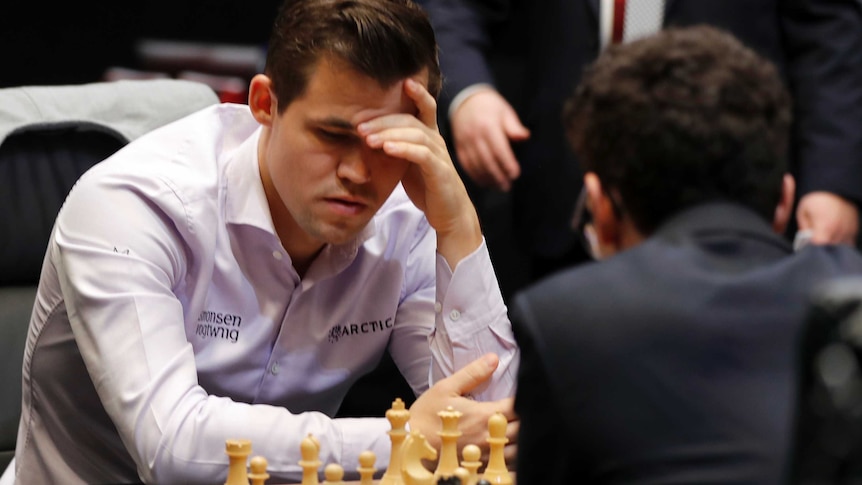
Carlsen, known for his relaxed demeanor and extraordinary skill set, faced sanctions from the International Chess Federation (FIDE) after being fined $200 for wearing jeans—an outfit deemed unacceptable under the tournament's dress code. When prompted by officials to change, Carlsen offered to comply the following day, but this suggestion was dismissed, leading him to decide that his principles were more significant than the tournament itself. "At that point, it became a bit of a matter of principle for me", he stated during an interview.
The Context Behind the Decision
This drama unfolds against a backdrop of increasing tensions between Carlsen and FIDE. In recent months, Carlsen has criticized the organization for allegedly threatening players with exclusion from championship cycles if they participate in alternative events such as Freestyle Chess, a format he has begun promoting. His ongoing frustrations appeared to come to a head with this incident. It seems clear that this withdrawal is not simply about jeans, but instead symbolizes a larger conflict over control and innovation in the chess world.

“I’m too old at this point to care too much”, Carlsen remarked, suggesting a sense of weariness over ongoing struggles with the establishment. His comments indicate that he perceives this not just as a personal conflict, but as a cultural moment within chess, where the interplay between tradition and modernity is increasingly scrutinized.
Reactions from the Chess Community
The chess community has had varied reactions to this event. Some fellow competitors, like
, respected the dress code but expressed sympathy with Carlsen's stance, recognizing the frustrations that can stem from stringent regulations. Others see Carlsen's move as a potentially dangerous precedent that could undermine the unity and structure of FIDE.

Professional sport, particularly chess, often hinges on decorum, but does this incident prompt a reevaluation of what constitutes acceptable attire in such settings? The question remains whether FIDE’s rigidity fosters respect or stifles individuality. This debate extends beyond chess; it's relevant across sports and professional organizations worldwide looking to balance adherence to tradition with evolving cultural norms.
A Broader Implication
While Carlsen's withdrawal makes headlines, it fuels a discussion about how sports organizations manage their image and enforce rules that may not resonate with younger players or fans. Carlsen's prominence provides him with a platform to challenge norms, and he might be spearheading a movement towards greater flexibility and modernity in chess. His criticism of FIDE's practices may galvanize other top players to reconsider their loyalties and whether they wish to engage with such stringent regulations.

As the chess world watches this confrontation unfold, one has to wonder what might come next. Will FIDE adapt its rules in response to player feedback, or will it maintain its stance against perceived provocations? The outcome of this dynamic could determine the future of both the organization and the sport itself.
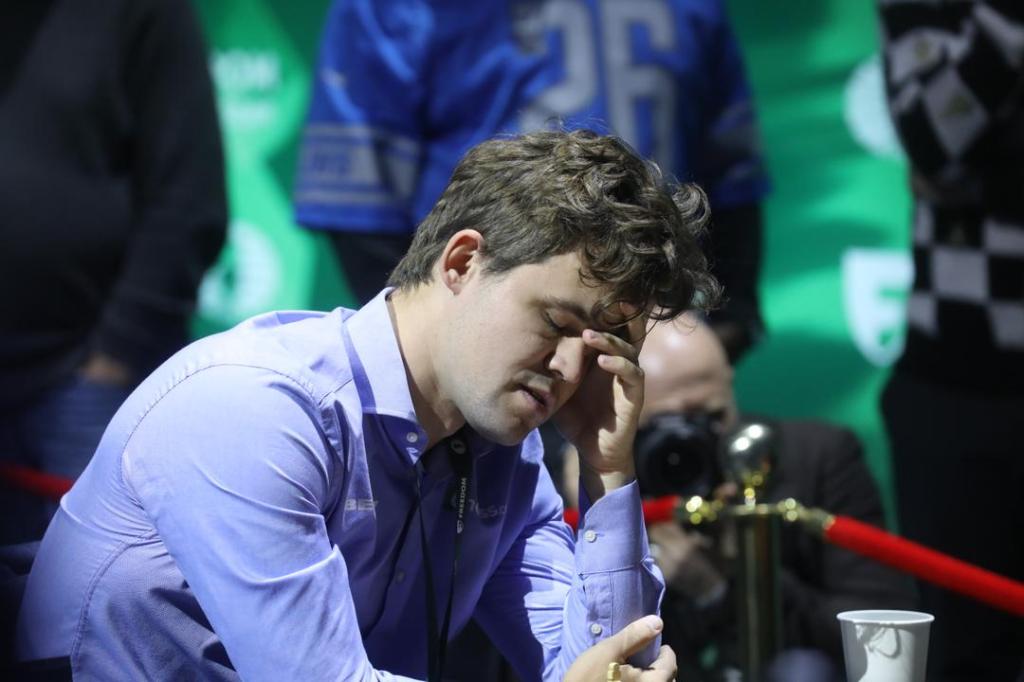
Carlsen’s decision to step away from the championship reflects a profound moment in competitive chess—one that beckons all parties to reconsider their roles, expectations, and the culture that shapes the game. In a way, this confrontation functions as a microcosm of broader societal trends where individuals assert their identities and beliefs against established norms.

In tracing this withdrawal's implications, it’s clear that Carlsen’s jeans may very well symbolize more than just a piece of clothing; they represent a champion’s weariness with restrictions and a call for an evolving narrative within chess—and perhaps beyond.
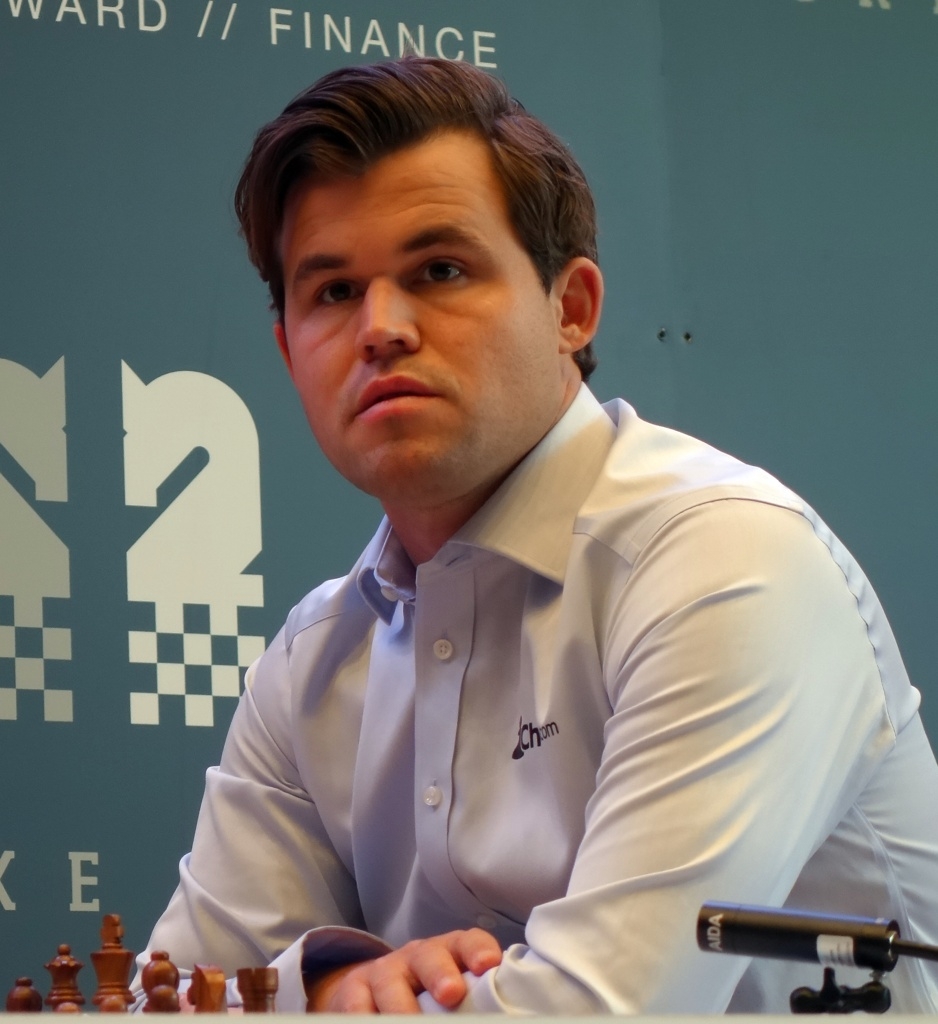
An exciting future lies ahead for chess, one that may lead to greater inclusion and diversity among its players and a reevaluation of the traditions that govern it. How this story unfolds will be pivotal for Magnus Carlsen, FIDE, and the generations of chess players yet to come.

